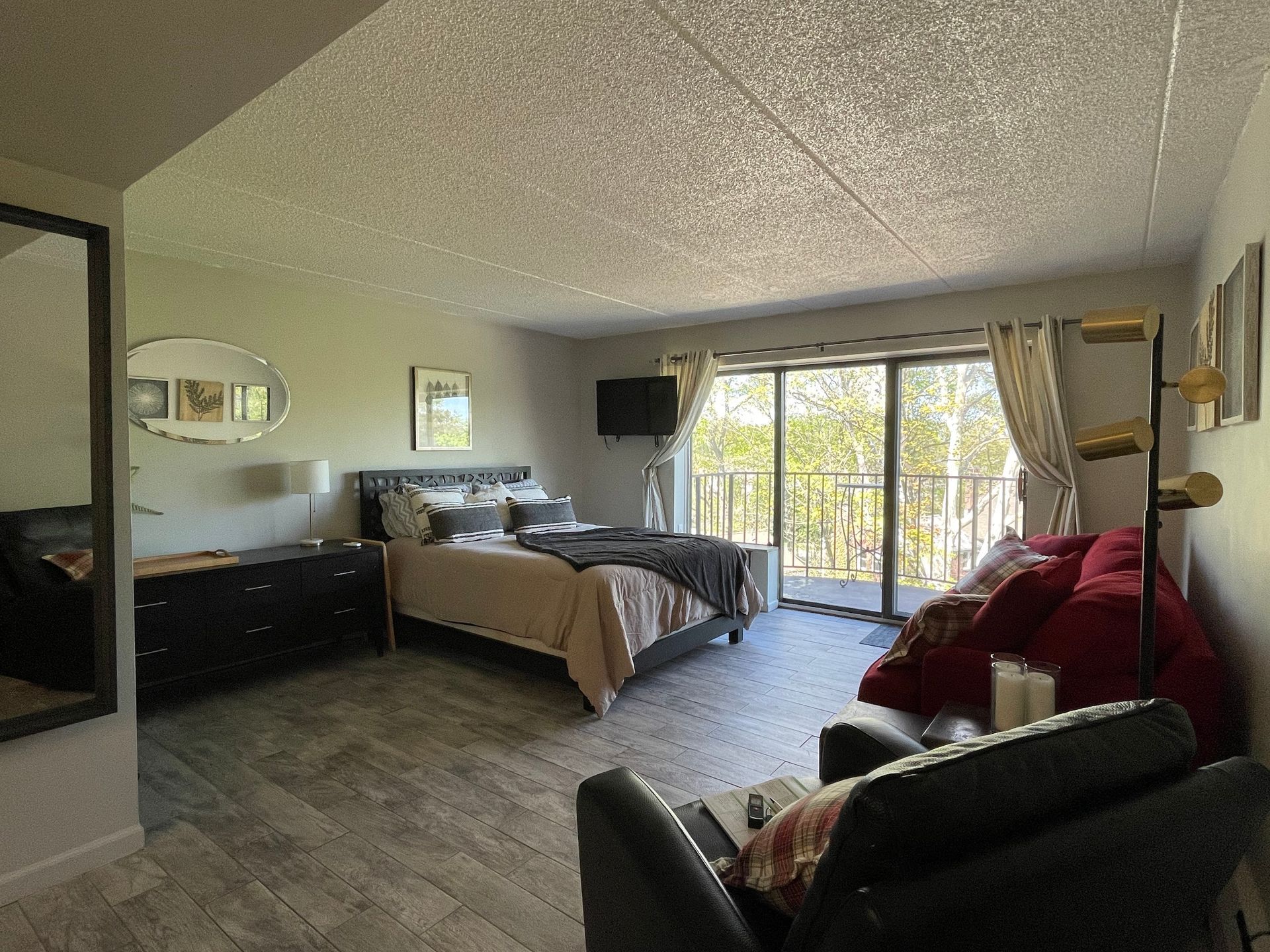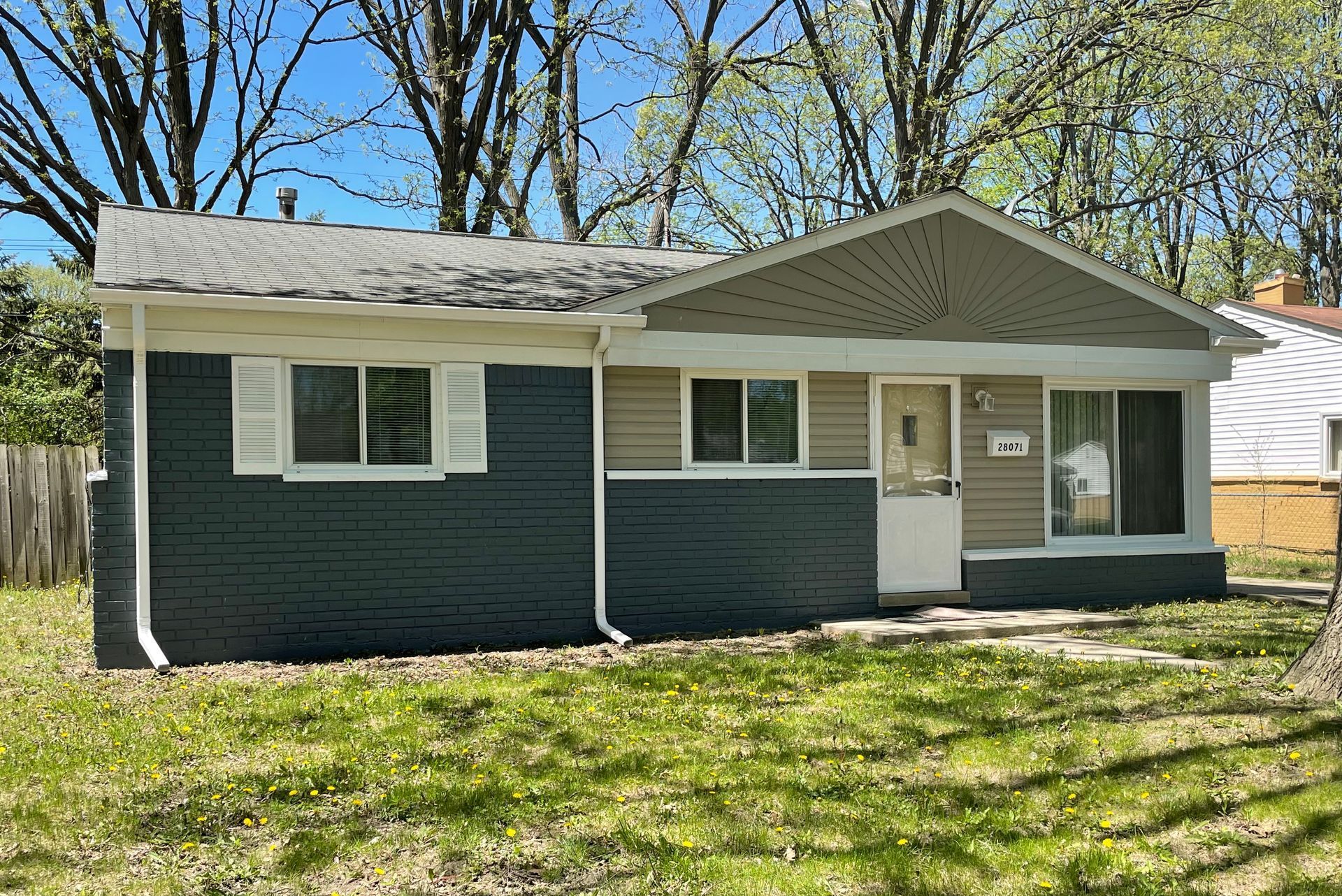
Welcome to
Royal Pointe Realty
Your premier destination for unparalleled real estate services in Southeast Michigan. We take pride in our commitment to excellence and our unwavering dedication to assisting both buyers and sellers in navigating the dynamic residential and commercial property markets.
At Royal Pointe Realty, we understand that real estate transactions are significant milestones in the lives of our clients. Whether you are in search of your dream home, looking to sell your property, or exploring investment opportunities, our team is here to guide you every step of the way. With a deep understanding of the local market trends and a passion for delivering exceptional customer experiences, we strive to exceed your expectations and make your real estate journey seamless and rewarding.


Located in the Heart of Detroit
We embrace the unique character and potential of this vibrant city. Our knowledge of the local neighborhood and suburbs, coupled with our extensive network and resources, positions us as a trusted partner in your real estate endeavors. From cozy residential homes to expansive commercial properties, Royal Pointe Realty is your reliable ally in achieving your real estate goals.
As advocates for transparency, integrity, and personalized service, we prioritize your needs and goals, ensuring a smooth and successful real estate experience. Whether you are a first-time homebuyer, an experienced investor, or a homeowner looking to sell, Royal Pointe Realty is your gateway to unparalleled service in the Detroit real estate market.
Welcome to a world of possibilities with Royal Pointe Realty – where your real estate aspirations become reality.
Frequently Asked Questions
-
Why should I hire a real estate broker?
Hiring a real estate broker can offer numerous advantages and significantly enhance your overall real estate experience. Here are some compelling reasons why you should consider engaging the services of a professional real estate broker:
1. Expertise and Knowledge:
Real estate brokers bring a wealth of knowledge and expertise to the table. They are well-versed in local market trends, property values, and neighborhood dynamics. This insight can help you make informed decisions when buying or selling a property.
2. Navigating Complex Processes:
Real estate transactions involve intricate processes, paperwork, and legalities. A broker has the experience and understanding to navigate through these complexities, ensuring that all aspects of the transaction comply with regulations and contractual obligations.
3. Market Access:
Brokers have access to a wide range of properties through Multiple Listing Services (MLS) and other networks. This allows them to find properties that meet your specific criteria and preferences, often before they are widely available to the public.
4. Negotiation Skills:
Negotiating the terms of a real estate deal can be challenging. A skilled broker acts as your advocate, using their negotiation skills to secure the best possible deal for you. This includes negotiating price, contingencies, and other crucial aspects of the transaction.
5. Time Savings:
The real estate process can be time-consuming, from researching properties to attending inspections and handling paperwork. A broker can streamline the process, saving you time and ensuring that deadlines are met efficiently.
6. Guidance Throughout the Process:
Whether you are a buyer or a seller, a broker provides guidance at every stage of the process. From property searches and market analysis to contract negotiations and closing, having a professional by your side can give you confidence and peace of mind.
In essence, hiring a real estate broker is an investment in expertise, time savings, and a smoother, more successful real estate transaction. Their role is not just about buying or selling property but also about providing you with a comprehensive and professional real estate experience
-
I’m Ready to Buy a Home. What’s the First Step?
The process of buying a home can be exciting, but it's essential to approach it with careful planning. The first step is to establish a solid foundation for your home-buying journey. Here's what you should consider as your initial steps:
1. Define Your Budget:
Determine how much you can afford to spend on a home. This involves assessing your current financial situation, including your income, savings, debts, and monthly expenses. Consider getting pre-approved for a mortgage to understand your borrowing capacity.
2. Save for a Down Payment and Closing Costs:
Start saving for a down payment, which is typically a percentage of the home's purchase price. Additionally, be prepared for closing costs, which can include fees for inspections, appraisals, and legal services. Having a solid financial foundation will make you a more competitive buyer.
3. Check Your Credit Score:
Your credit score plays a crucial role in the mortgage approval process. Obtain a copy of your credit report and check for any discrepancies. If your score needs improvement, take steps to address any issues and improve your creditworthiness.
4. Research Mortgage Options:
Explore various mortgage options to find the one that best suits your needs. Consider factors such as interest rates, loan terms, and down payment requirements. Consult with mortgage lenders to understand the pre-approval process and get a clear picture of your borrowing capacity.
5. Identify Your Home Preferences:
Make a list of your must-haves and preferences for your future home. Consider factors such as location, size, number of bedrooms and bathrooms, amenities, and proximity to schools, workplaces, and other essential services.
-
How should I prepare my house before selling it?
Preparing your house before selling is crucial to make a positive impression on potential buyers and increase your chances of a successful sale. Here's what you should do:
Exterior Preparation:
1. Curb Appeal: Enhance your home's curb appeal by mowing the lawn, trimming bushes, and planting flowers. Repaint the front door if necessary and consider adding a fresh coat of paint to the exterior if it looks worn.
2. Landscaping: Clean up the yard by removing debris, fallen leaves, and dead plants. Power wash walkways, decks, and the exterior of the house.
3. Repairs: Inspect and repair any visible exterior damage, such as cracked sidewalks, broken fences, or damaged gutters.
Interior Preparation:
1. Declutter: Remove personal items and excessive clutter. Depersonalize the space to help potential buyers envision themselves in the home.
2. Deep Cleaning: Clean the entire house thoroughly, including carpets, windows, and appliances. Eliminate odors by addressing any sources like pet areas, trash bins, or cooking smells.
3. Neutralize Paint Colors: Repaint walls with neutral colors to appeal to a broader range of buyers. Touch up areas with scuff marks or stains.
4. Repairs and Maintenance: Fix any noticeable issues such as leaky faucets, loose cabinet handles, or squeaky doors. Service major systems like HVAC, plumbing, and electrical if needed.
5. Staging: Arrange furniture to create a sense of space and flow. Use neutral and appealing decor to highlight the home's features.
6. Lighting: Ensure all light fixtures are working and replace any burnt-out bulbs. Open curtains and blinds to let in natural light.
7. Storage: Organize closets and storage spaces. Buyers often look inside closets to gauge storage capacity.
By investing time and effort into preparing your home for sale, you increase its appeal to potential buyers and contribute to a smoother selling process. A well-presented home can attract more interest, potentially leading to a quicker and more successful sale.
-
As a buyer, do I need a home inspection?
Yes, as a homebuyer, getting a home inspection is recommended. A home inspection provides you with valuable information about the condition of the property you are considering. Here are several reasons why you should get a home inspection:
1. Reveal Potential Issues:
A home inspection helps identify any potential issues or defects in the property, including those that may not be visible during a casual walkthrough. This information is crucial for making an informed decision about whether to proceed with the purchase.
2. Negotiation Power:
The findings from a home inspection can give you negotiation leverage. If significant issues are uncovered, you may be able to negotiate repairs, a lower sale price, or other concessions with the seller.
3. Budget Planning:
Knowing about the condition of the home allows you to plan for any necessary repairs or improvements. This information helps you budget for future maintenance and prevents unexpected financial burdens.
4. Safety Concerns:
A home inspection can identify potential safety concerns, such as electrical issues, plumbing problems, or structural defects. This information is vital for ensuring the safety of your future home.
5. Peace of Mind:
A thorough home inspection can provide peace of mind, knowing that you are making an informed decision about the largest investment you are likely to make. It helps minimize the risk of unexpected surprises after the purchase.
6. Protect Your Investment:
Investing in a home inspection is a prudent way to protect your investment. It allows you to make an informed decision and ensures that you are fully aware of the property's condition before completing the purchase.
When scheduling a home inspection, be sure to hire a qualified and reputable home inspector. Work closely with your real estate agent to coordinate the inspection process and review the findings.
-
How do I determine the selling price of my home?
Determining the selling price of your home is a crucial decision that requires careful consideration of various factors.
1. Research the Local Market: Begin by researching the local real estate market. Look at recent sales of similar properties in your neighborhood. These comparable sales, or "comps," provide a baseline for understanding the market value of your home.
2. Work with a Real Estate Agent: Agents have access to comprehensive data and can provide a comparative market analysis (CMA) to help determine a competitive and realistic selling price.
3. Consider Market Conditions: In a seller's market (low inventory, high demand), you may be able to set a slightly higher asking price. In a buyer's market (high inventory, lower demand), pricing competitively is crucial for attracting potential buyers.
4. Evaluate Your Home's Features and Condition: Consider the unique features and condition of your home. Upgrades, renovations, and well-maintained properties typically command higher prices. Be objective about your home's strengths and weaknesses.
5. Calculate the Cost of Selling: Take into account the costs associated with selling your home, such as real estate agent commissions, closing costs, and potential repair or staging expenses. Factor these costs into your pricing strategy.
Remember that pricing your home accurately from the start is crucial for attracting the right buyers and maximizing your chances of a successful sale. A well-informed and strategic pricing approach, coupled with the expertise of a real estate professional, can contribute to a smooth and successful selling process.
Need help today?
Our team of legal professionals are here to aid you in a variety of legal issues.
WHO WE ARE
WHAT WE DO






